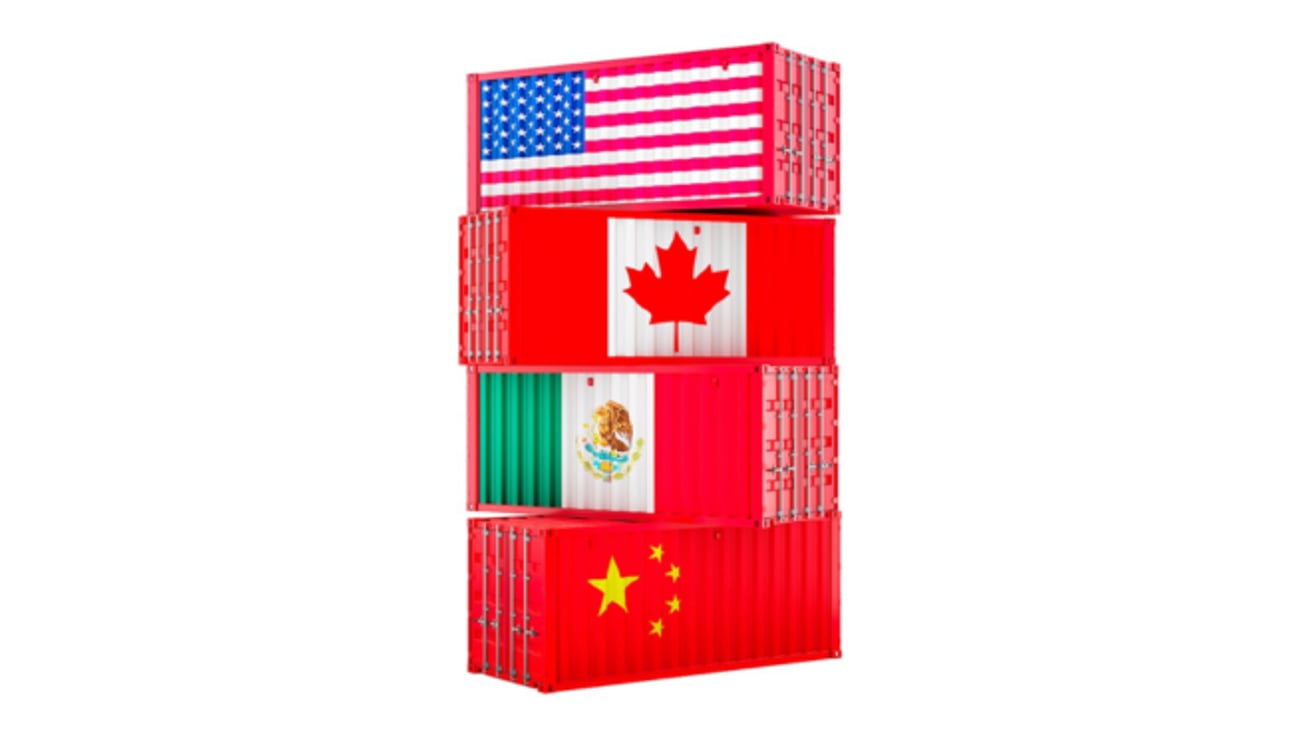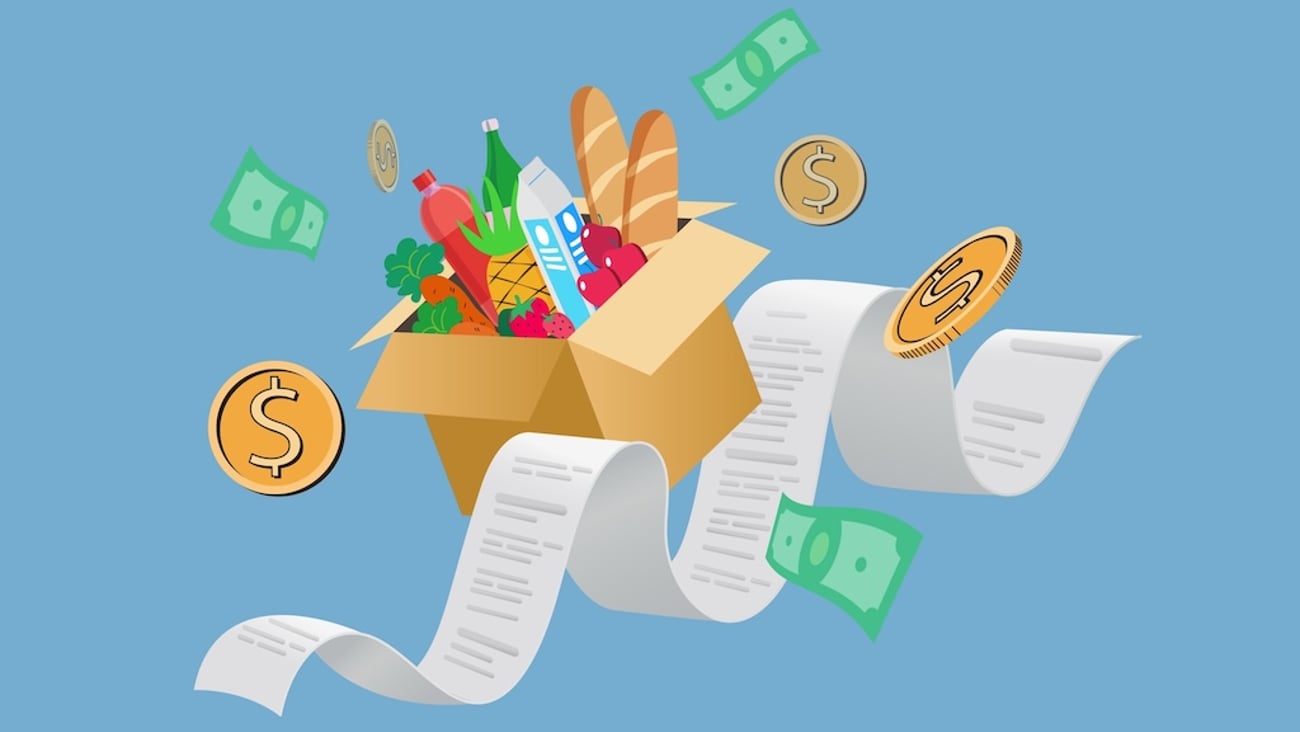Invoking the Emergencies Act could mend Canada's reputation with trade partners
Many Canadians watched in disbelief as protesters blocked some access points between the United States and Canada. This included the Ambassador Bridge, a key trade conduit between the two countries, forcing trucks to be rerouted towards Sarnia, Ont. Other border crossings were disrupted in Manitoba and Alberta. Many shipments were delayed and some cargo had to be scrapped including blueberries and greens at a cost to the industry and to consumers. And now, the Trudeau government is invoking the Emergencies Act.
Given how far things have gone, the Trudeau government has had to consider all options. Disrupting cities like Ottawa, Toronto, Montreal, Halifax, and other urban centers can be troubling for their citizens. But the risks are significantly different when trade between two countries stops. If supply chains are the backbone of our economy, the border is its spinal cord.
The impact was immediate. Manufacturing plants were closing within a few hours the White House called Prime Minister Trudeau to share its concerns. Our food supply chain is messy these days, and the last thing it needed was more human induced logistical predicaments created by the very disruptive trucker convoy.
Maintaining the longest border is no easy feat. It has taken decades to foster a spirit of interdependence between the two countries, especially for the agri-food sector. In the last year, Canada was the second largest market for U.S. agricultural exports, totaling more than $26 billion and accounting for 15% of total U.S. agricultural exports. At the same time, the United States imported over $30 billion worth of agricultural products from Canada. That border is busy and without it, the food security landscape in Canada would look quite different.
Companies have a way of dealing with anything we throw at them, especially in food distribution. Empty shelves are bad for business and both importers and exporters will do anything to keep them stocked. The damage, though, is beyond numbers. The blockades could impact reputation and trust. To be summoned, in a way, by Washington was nothing short of embarrassing. This is Canada, one of the most peaceful countries in the world.
As the smaller and less economically influential of the two trading countries, Canada has a lot more to lose. America, logistically, has more options. Blocking a border will have potentially long-term consequences. This may persuade the U.S. to reconsider strategic alternatives or change its stance on trade issues such as softwood lumber and dairy. Canada may have made a stronger case for “America First” advocates.
It's much too soon to know how Canada’s food affordability will be impacted by the unlawful blockades, but with shipments being destroyed or delayed, and adding the increasing pressures related to fuel costs, we are expecting some food prices to potentially rise beyond what was predicted a few months ago. Canadians are facing enough financial pressures right now. This adds an unnecessary layer.
In the end, blockades happened for a reason but that doesn't matter to our trading partner, the U.S. There's nothing more disruptive to the food supply chain than civil unrest. Nothing. Worse than climate change. Reputation and trust are damaged, permanently in some cases. No matter how we look at what is happening, Ottawa now has some serious diplomatic issues to address. So invoking the Emergencies Act is also about Canada’s reputation abroad.




